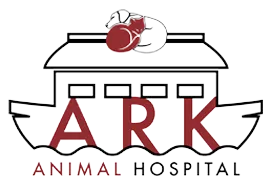
The American Animal Hospital Association has many guidelines to follow including the management of diabetes mellitus in cats and dogs. The introduction states, “Treatment of diabetes mellitus is a combination of art and science, due in part to the many factors that affect the diabetes state and the animal’s response. Each animal requires individualized frequent reassessment and treatment to be modified based on response.
The clinical signs of diabetes mellitus can vary. Most commonly patients exhibit frequent urination, excessive drinking, increased appetite, and weight loss. Some animals will present with systemic signs of illness due to diabetes ketoacidosis such as anorexia, dehydration, and vomiting. Some additional problems include lethargy, weakness, poor body condition, cataracts (in dogs), and impaired jumping and abnormal gait (in cats).
The initial assessment of the diabetic dog and cat should be very thorough. We need to assess the overall health of the animal (history, physical examination, medications, and diet). Complications associated with the disease such as cataracts in dogs and peripheral neuropathy in cats need to be identified. Veterinarians looks for concurrent problems often seen with diabetes such as urinary tract infections and pancreatitis. We need to identify conditions that may interfere with the response of the diabetic to treatment such as hyperadrenocoritcism, hyperthyroidism, and renal disease. Lastly veterinarians need to evaluate for risk factors such as obesity, pancreatitis, insulin-resistant disease, diabetogenic medications, and diestrus. In order to completely assess our patients bloodwork and a urinalysis are vital.
The gold standard treatment for diabetes mellitus is insulin therapy. There are only two insulin products currently approved by the Food and Drug Administration for use in dogs and cats. Porcine zinc insulin (Vetsulin) is approved for both dogs and cats. Human recombinant protamine zinc insulin (ProZinc) is currently approved for use in cats.



